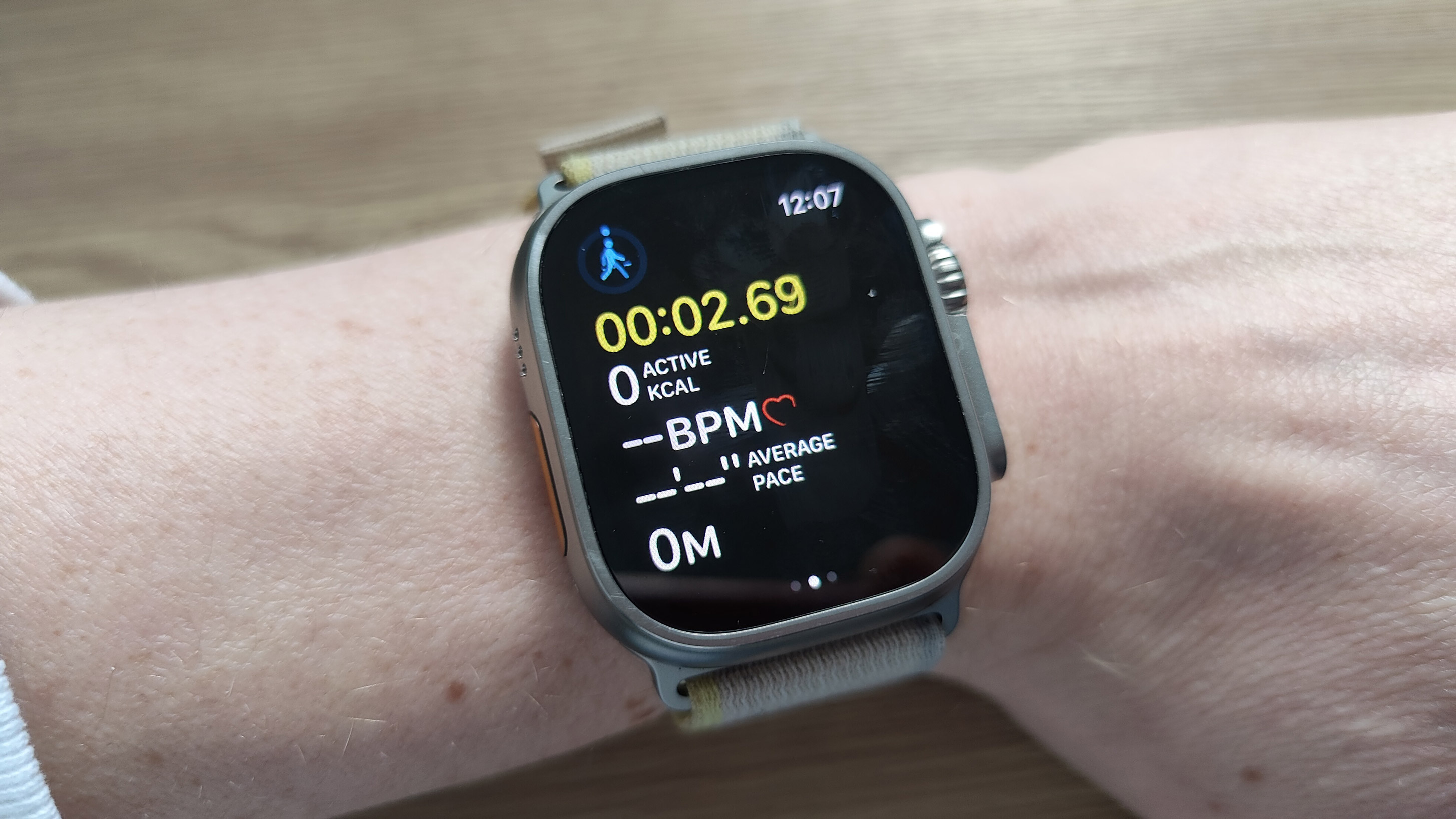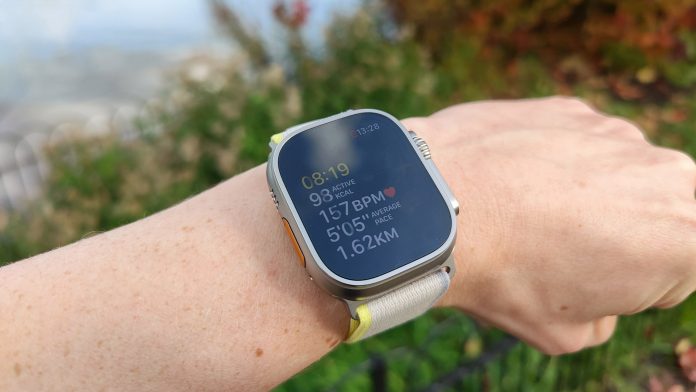Apple is allegedly working on an AI health and fitness coaching service, which would use data from your best Apple Watch to make suggestions to improve your sleep, adjust your eating habits, and create exercise programs tailored to your stats.
The new coaching service is temporarily codenamed Quartz according to Bloomberg and industry analyst Mark Gurman, although it’s allegedly only in its early stages and won’t appear on your wrist until 2024. As such, it’s unlikely to be showcased at the Apple WWDC 2023 conference in June.
The service will reportedly require a separate subscription, like other Apple services such as Apple Fitness Plus. The AI interface is likely to interact with Fitness Plus – based on your current training, sleep and recovery metrics, the AI will probably recommend particular Apple Fitness Plus workouts to you.
For example, if you do a lot of running, the AI might recommend Yoga for Running. So we can see a bumper “master subscription” to both health-based services in the pipeline. However, this is all speculation.
The bottom line is that if the AI works well, it learns how to better tailor its training programs based on your training history. The longer Quartz uses your data to recommend you workouts, the less likely you are to switch to a competitive product, as it means effectively starting again.
The report also says the AI will be, or could be, used to “track emotions”. What this actually means in practice is up in the air.

Analysis: Not a new idea, but AI fitness has me worried
Getting recommended workouts on your watch isn’t a new idea – the best Garmin watches have been doing it for ages, and it works very well. However, Garmin’s recommended workouts are based on the Firstbeat Analytics algorithm. Which, while sophisticated, isn’t an artificial intelligence and can’t ‘learn’ as such – merely interpret data.
I’ve written about this before, but I would be very hesitant about following fitness advice from an AI service. Amazfit is trying a fitness-focused approach powered by ChatGPT, which I believe is a dangerous idea. An AI gathering data from its users and dispensing fitness advice without oversight from health experts should be a cause for concern.
What happens if the AI recommends potentially dangerous exercises or harmful diet choices? How can it cover everyone’s needs except in very broad strokes, such as “eat more protein to build muscle”? If Apple is looking into this as a potential feature or subscription service, they should be treading very carefully.
The other thing that is weird to me is the note about “tracking emotions”. Amazon tried something similar with its Tone feature on the Amazon Halo device, which tracked your voice and interpreted your mood. Will Apple’s feature be something similar? Time will tell.


















